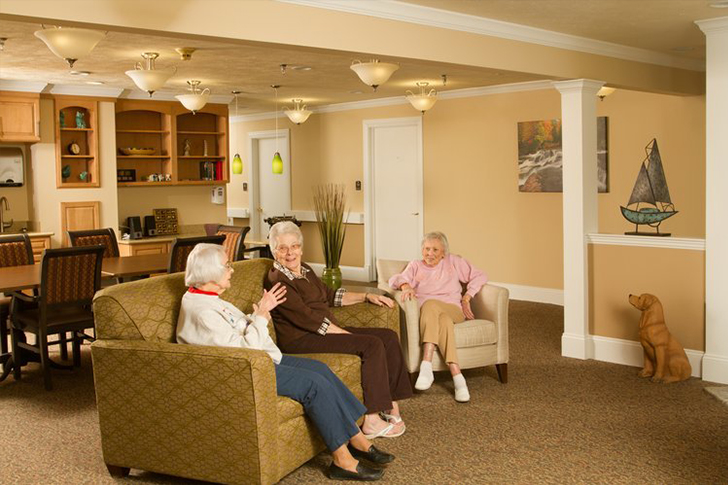How To Find Seniors Apartments
This article guides seniors in choosing the right apartment by blending convenience, comfort, and cost-effectiveness, offering resources and practical advice for a smooth selection process.
Understanding Senior Apartments
Senior apartments are residential communities explicitly designed for adults typically aged 55 or older. These facilities differ from standard apartment complexes because they offer age-appropriate amenities, social activities, safety features, and sometimes on-site medical care. They can be part of a larger senior living community or stand-alone buildings.
1. Assessing Your Needs
Before starting your search, it’s crucial to assess your or your loved one’s needs:
- Independent living apartments are ideal for those who can manage daily activities without assistance.
- Assisted living facilities are beneficial for individuals who require help with daily tasks like medication management or mobility.
- Memory care units cater to those with dementia or Alzheimer’s disease.
2. Setting a Budget
Cost is a significant factor in choosing a senior apartment. According to the National Investment Center for Seniors Housing & Care, the average monthly cost for senior housing in the U.S. can range from $1,500 for basic senior apartments to $5,000 for assisted living. Setting a realistic budget early in your search can help narrow down your options.
3. Location and Accessibility
Location is key when selecting a senior apartment. Proximity to healthcare facilities, public transportation, and social amenities such as parks and shopping centers should be considered. Additionally, check for accessibility features such as ramps, elevators, and handrails which are crucial for mobility.
4. Utilizing Online Resources
Several online platforms can aid in your search for senior apartments:
- A Place for Mom provides personalized assistance and detailed listings.
- SeniorHousingNet offers a comprehensive directory of senior living options.
- Local real estate websites often have sections dedicated to senior living.
5. Visiting Potential Apartments
Once you have a list of potential apartments, arrange visits. During your visit, pay attention to the facility’s overall cleanliness, the staff’s friendliness, and the current residents’ satisfaction. It’s also wise to visit multiple times at different hours to get a well-rounded view of the community.
6. Checking Reviews and References
Online reviews and testimonials can provide insights into the management and satisfaction levels of current and past residents. Additionally, asking for references from the community management can be enlightening.
7. Understanding Contracts and Agreements
Before making a final decision, thoroughly review the lease or residency agreement. Look for any hidden costs like maintenance fees or non-refundable deposits. If necessary, consult with a legal advisor to ensure that you fully understand the contract’s terms.
Conclusion
Finding the right senior apartment is a significant but manageable task. By assessing personal needs, setting a budget, considering the location, utilizing online resources, visiting potential homes, checking reviews, and understanding contracts, you can make a well-informed decision. Remember, the perfect senior apartment is one that provides comfort, convenience, and a sense of community.








Recent Comments